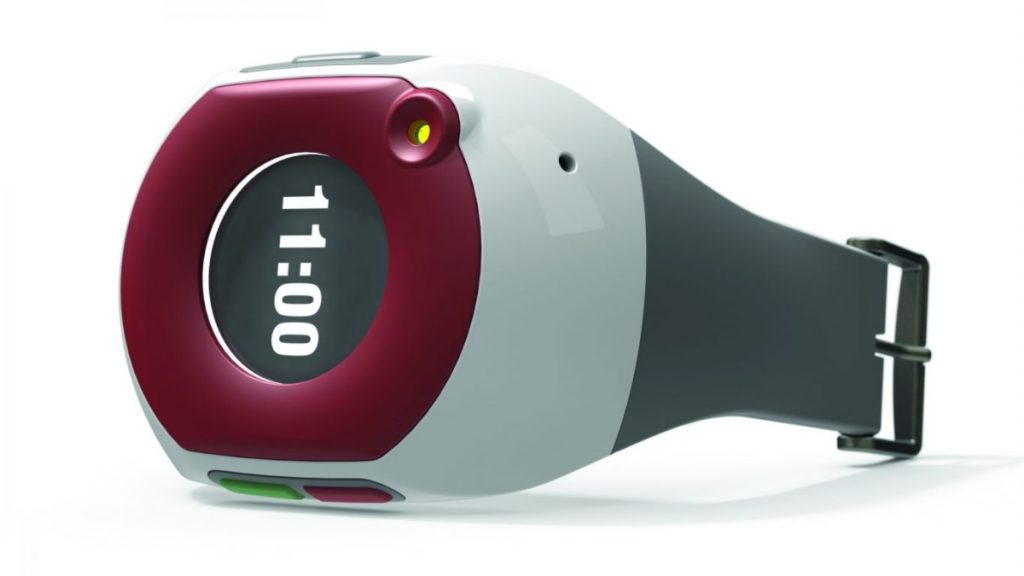Technology has revolutionized all areas of life over the past 20 years, and the medical industry is no different. Thanks to technology, care can be provided remotely, patients can be monitored around the clock, and aging adults can keep hold of their independence. When it comes to patients with memory loss, including those with dementia and Alzheimer’s, technology can make life easier by handing them back some power. Throughout this article, we will tell you how technology is supporting memory loss patients.
Spotting Early Signs of Dementia
Dementia is a complex condition, which isn’t a disease in its own right; it’s a brain condition caused by different diseases, including Alzheimer’s. Every person is different, which means the early signs of dementia vary. However, one of the most common tells of dementia is memory loss, which can be assessed easily online. If you’re concerned that you may have early signs of dementia, take this memory loss questionnaire through Belmont Village Senior Living, which will only take four minutes to complete.
Independence
Diseases that cause dementia severely damage brain functionalities on many levels, which prevents patients from getting on with their daily activities. Unfortunately, in the US, healthcare providers ramp up care costs by almost triple for those 65+. Thankfully, with the help of technology, dementia patients can keep hold of their independence for longer, which can alleviate stress for caregivers. Examples of technology include iPads, designed for scheduling and reminders, and Amazon Alexa for maintaining communicative functions and daily reminders.
Safety
Safety technology exists as a way of protecting caregivers; incidents can arise unexpectedly in patients with dementia. Technology for safety includes location tech, wearable tech, security bars, touch key locks, window alarms. In practice, a GPS tracker can be attached to a pet dog, providing they never leave their side. If there is an emergency, healthcare facilities and caregivers will know the location of the dog and patient.
Tele-Health Tech
Tele-health technology has grown massively over the last two years, thanks to the Covid-19 pandemic. When it comes to dementia, tele-health can support both patients and caregivers in many ways:
- Video monitoring helps caregivers and patients by allowing appointments and treatment plans to be made and attended online.
- Caregivers can access real-time advice in regard to plan changes, which can massively reduce stress.
- Tele-health can also help to detect floods, guard the exits, measure bed use, provide medication alerts, and detect carbon monoxide levels.
Behavioral Management
Treating behavioral changes with pharmaceutical interventions can be tricky, which is where technology comes to the rescue. In a 2013 study, Riley-Doucet and Dunn found that multi-sensory interventions including solar effects, optic lights, vibrating music, plasma balls, and aroma diffusing were all beneficial in boosting attention. Caregivers have also reported that multi-sensory technology is making it easier to treat anxiety in dementia patients.
Technology has revolutionized the world, and the medical sector has benefited massively, especially when it comes to dementia patients. Most importantly, technology helps patients to hold on to their independence for longer and it reduces stress on caregivers.

